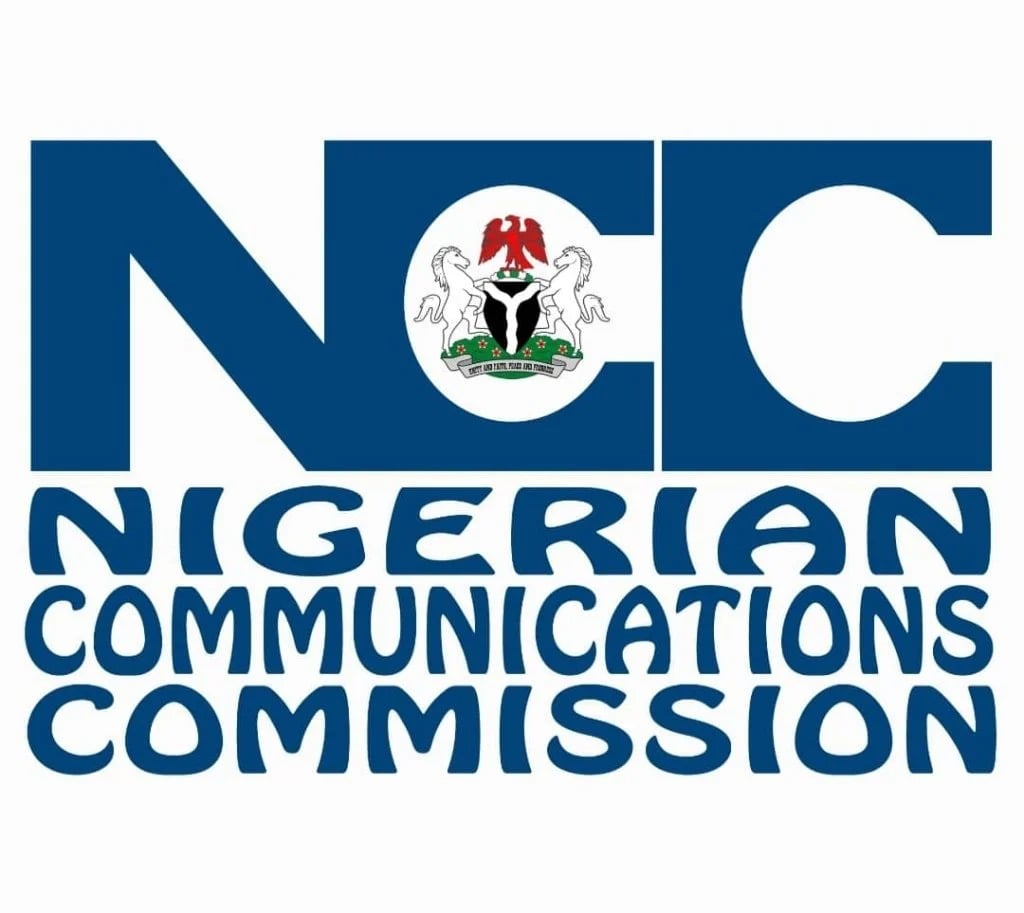The Nigerian Communications Commission has said that recent tariff reforms in the telecommunications industry have attracted over N1tn in new investments by operators, strengthening Nigeria’s digital infrastructure and improving service quality across the country.
The Executive Vice Chairman and Chief Executive Officer of the Commission, Dr Aminu Maida, disclosed this while speaking at the 94th edition of the Telecoms Consumer Parliament held on Tuesday in Lagos.
Maida said the tariff reform, approved in February 2025 under the Commission’s economic regulatory framework, was introduced to make telecom rates more cost-reflective and competitive, ensuring the long-term sustainability of the industry.
He explained that although the policy faced initial public resistance, it has started yielding visible benefits by stabilising the market, boosting competitiveness, and restoring investor confidence in the sector.
“Collectively, operators have committed over $1bn, which is more than N1tn, in new investments to upgrade network infrastructure, modernise equipment, and expand coverage nationwide,” Maida stated.
He noted that in the past six months, telecom operators and tower companies had deployed over 2,700 additional capacity and coverage sites across the country. According to him, these new installations would help improve network strength, reliability, and user experience for millions of Nigerians.
Before the tariff adjustment, Nigeria’s telecom industry — Africa’s largest with over 220 million active mobile lines — was struggling with poor service quality caused by high energy costs, currency fluctuations, and rising data consumption. Operators including MTN Nigeria, Airtel Africa, Globacom, and 9mobile had complained that tariffs no longer reflected operational realities, leading to underinvestment in critical infrastructure.
Maida said the Commission was committed to ensuring that service quality remains non-negotiable, adding that telecom consumers have the right to reliable and efficient services.
“Quality of service today is not yet where we want it to be, but it is equally true that we are no longer where we used to be,” he said.
He recalled that Nigeria’s telecom sector had grown from about 500,000 active lines at the time of liberalisation to over 169 million active mobile subscriptions, with a teledensity of 78.11 per cent as of July 2025. However, he stressed that such rapid expansion must be matched by improved quality of service to meet consumer expectations.
Maida outlined several new regulatory initiatives aimed at addressing network quality and consumer protection. He said one of them is the updated Quality of Service Regulations, which introduced measurable performance benchmarks for operators — including call setup success rates, call drop rates, and power availability.
A major update in the regulation, he explained, was the inclusion of co-location service providers — companies that host multiple telecom operators on shared infrastructure — under the same accountability framework as network operators.
“Under the updated regulations, co-location providers are now held to the same standards as mobile operators. This ensures stricter performance benchmarks across the industry and holds every stakeholder in the value chain accountable for service reliability,” Maida said.
To monitor compliance, the NCC established a Service Committee that meets twice monthly to review operators’ performance. The committee’s priority, according to Maida, is to drive measurable improvements in service quality before the end of 2025.
The NCC boss also said the Commission is working to tackle issues of network interference caused by illegal signal boosters and poor implementation of expansion plans.
He emphasised the importance of protecting telecom infrastructure, warning that incidents of fibre cuts, vandalism, and site restrictions continue to disrupt services nationwide.
Maida referenced a major 2024 incident involving multiple fibre cuts that crippled internet and voice services across the country, describing it as a reminder of how vulnerable the nation’s digital backbone remains.
To prevent future disruptions, he said President Bola Tinubu signed the Presidential Order on the Protection of Critical National Information Infrastructure in June 2024, which classified telecom assets as Critical National Assets deserving of special security protection.
“Working closely with the Office of the National Security Adviser, the NCC has taken decisive steps to implement this directive within the telecommunications sector,” Maida said.
He reaffirmed that the Commission would continue to collaborate with industry players, security agencies, and consumers to improve connectivity, enhance service delivery, and ensure that Nigeria’s telecom sector remains globally competitive.
